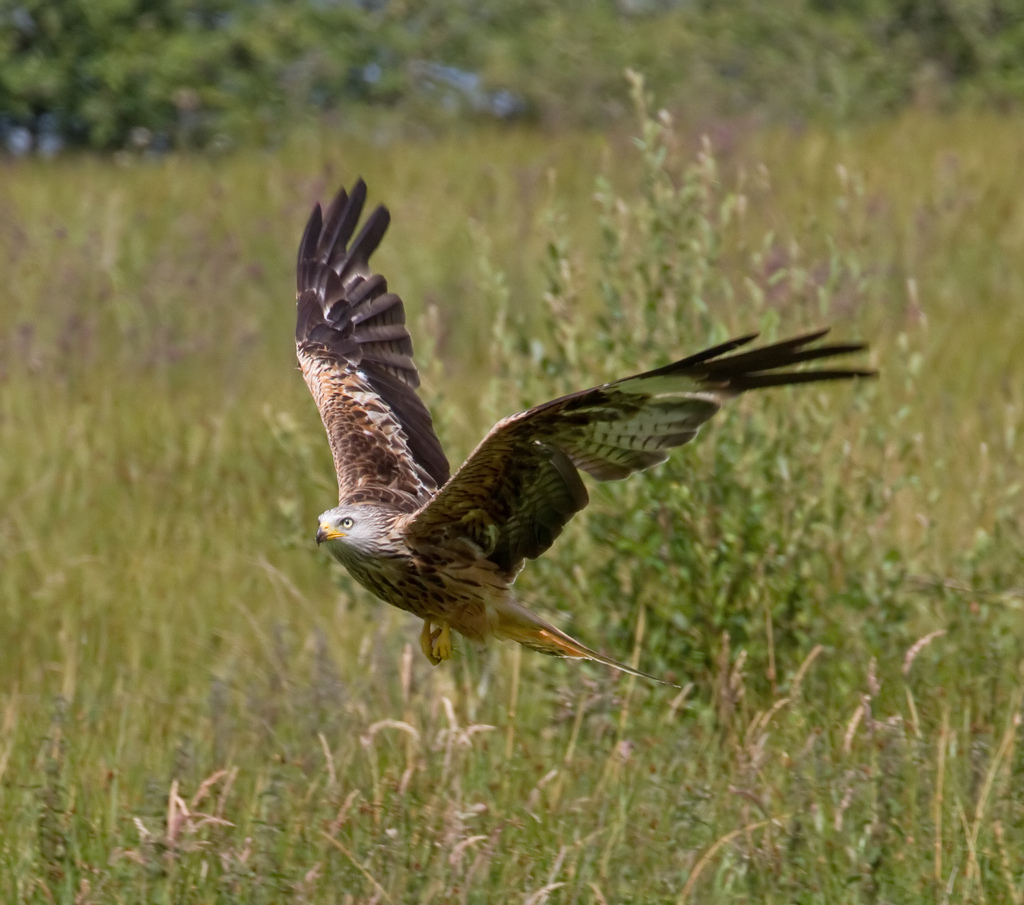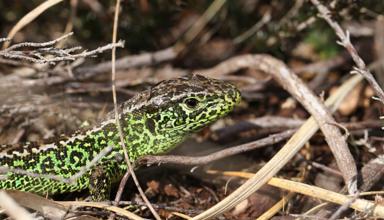Article by Katy Orford, National Assembly for Wales Research Service
 The Birds (2009/147/EC) and Habitats (92/43/EC) Directives form the basis of EU nature conservation policy. The Directives establish strict protection regimes for species and habitats of conservation importance across the EU and require the designation of nature conservation sites for the species and habitats listed within their Annexes. Specifically the Habitats Directive requires the designation of Special Areas of Conservation (SACs) and the Birds Directive requires the designation of Special Protection Areas (SPAs). Together, SPAs and SACs form the Natura 2000 ecological network of protected sites. There are currently over 27,000 sites within the network across the EU.
The Birds (2009/147/EC) and Habitats (92/43/EC) Directives form the basis of EU nature conservation policy. The Directives establish strict protection regimes for species and habitats of conservation importance across the EU and require the designation of nature conservation sites for the species and habitats listed within their Annexes. Specifically the Habitats Directive requires the designation of Special Areas of Conservation (SACs) and the Birds Directive requires the designation of Special Protection Areas (SPAs). Together, SPAs and SACs form the Natura 2000 ecological network of protected sites. There are currently over 27,000 sites within the network across the EU.
Fitness Check
A ‘Fitness Check’ of this EU nature protection legislation is to be carried out by the European Commission. This involves an evidence-based policy evaluation to assess whether the regulatory framework is ‘fit for purpose’ in delivering its objectives. The Fitness Check is part of the Commission’s wider Regulatory Fitness and Performance Programme (REFIT). Fitness checks have already been carried out for EU freshwater and waste related legislation. The Fitness Check will inform the Commission in drawing policy conclusions on the future of EU nature protection legislation. However, it is still unknown as to whether the Fitness Check will lead to a legislative proposal to revise the current nature protection legislation. The mandate for the Fitness Check, which was published in February 2014, defines the overall scope and aim of the exercise. In this context it will examine:
- Effectiveness - Have objectives been met?
- Efficiency - Were the costs involved justified by changes achieved?
- Coherence - Does the action complement other actions or are there contradictions?
- Relevance - Is EU action still necessary?
- EU Added value - Did EU action make a difference? Evidence gathering and public consultation.
A public online consultation to gather opinions on the Birds and Habitats Directives, was launched by the Commission on 30 April 2015 and will run until 24 July 2015. The results of the consultation will feed into the Commission’s Fitness Check. The questionnaire is in two parts with an initial set of questions followed by more detailed questions exploring different aspects of the Fitness Check. This consultation follows an evidence-gathering exercise which started at the beginning of this year in which all Member States and selected key stakeholder groups were consulted. Between April and the end of June this year, meetings are also being held in ten Member States to gather and examine evidence in more detail, specifically evidence related to costs and administrative burdens associated with the nature Directives. The Commission’s State of Nature in the EU report, which has recently been published, also provides evidence for the Fitness Check. This report is based on Member States’ conservation status assessments of the species and habitat types protected by the Birds and Habitats Directives. The mid-term view of the Biodiversity strategy, expected later this year, will provide further input.
Next steps
- 24 July 2015- The online public consultation will end.
- October 2015- A stakeholder conference will be held in Brussels where the preliminary results of the nature legislation assessment will be discussed.
- End of 2015- The study collecting and assessing evidence for the Fitness Check is ongoing and is expected to be completed by the end of the year.
- Early 2016- The Commission is expected to draft and present its Fitness Check document which is likely to take the form of a Commission Staff Working Document.
Stakeholder responses
Many environmental organisations have expressed concerns around the Commission’s Fitness Check and potential review of the existing nature legislation. The Woodland Trust has raised concerns that the Commission’s decision will be a political one. It fears that a legislative review could weaken protection of species and habitats with an associated loss of ‘ecosystem services’, and also threaten the regularity framework for sustainable development leading to business uncertainty. Earlier in May, almost 100 EU environment and civil society groups including WWF, Birdlife, and Friends of the Earth joined to register their opposition to the Commission’s potential plans to reform the nature Directives launching an online campaign. The RSPB has also launched a ‘Defend Nature’ campaign in light of the Commission’s assessment. The RSPB states that:
European leaders are considering rolling back decades of progress by revising the Directives in the mistaken belief that weaker protection for wildlife is good for business. In reality, this would be bad for business, and a disaster for wildlife.
*Image from Flickr by Tony Hisgett. Licenced under Creative Commons.






